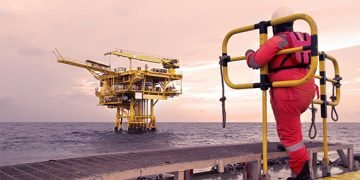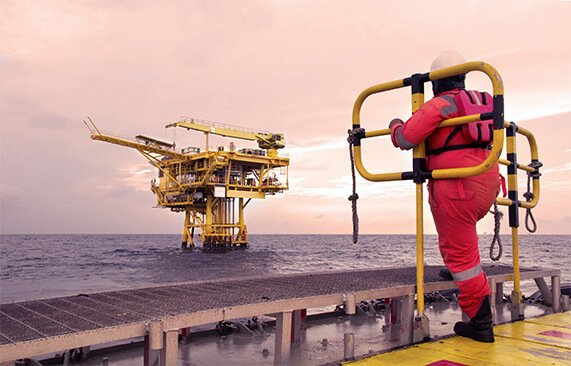The offshore industry is undergoing a significant transformation in its approach to safety, with new strategies and innovations redefining best practices. Companies like AET Tankers are at the forefront, implementing cutting-edge measures to enhance the safety of operations in some of the world’s most challenging environments.
Why Offshore Safety Practices Are Evolving
- Increased Complexity of Offshore Operations:
- With deeper explorations and harsher environments, traditional safety protocols are no longer sufficient.
- Environmental Pressures:
- The need to minimize ecological impacts has driven companies to adopt more sustainable and risk-aware operations.
- Technological Advancements:
- Innovations in AI, IoT, and real-time monitoring systems are providing new ways to ensure safety and prevent accidents.
Key Strategies Enhancing Offshore Safety
- Digital Transformation:
- Deployment of IoT devices for real-time monitoring of equipment and environmental conditions.
- AI-powered analytics for predicting and preventing equipment failures.
- Human-Centric Safety Approaches:
- Enhanced training programs focusing on situational awareness and decision-making in high-risk scenarios.
- Integration of virtual reality (VR) simulations for realistic safety drills.
- Collaborative Efforts:
- Partnerships with regulatory bodies and environmental organizations to set new safety benchmarks.
- Sharing of best practices across the industry to collectively improve standards.
Success Stories
- AET Tankers:
- Leveraging AI-driven systems for predictive maintenance and safety monitoring.
- Implementing green technologies to reduce risks associated with offshore operations.
- Other Industry Leaders:
- Adoption of autonomous vessels to minimize human risk in hazardous offshore areas.
Challenges Ahead
While progress is evident, the offshore industry faces hurdles in achieving consistent safety improvements:
- Cost of Implementation: High upfront investment in technology and training.
- Regulatory Fragmentation: Varied global standards can complicate compliance efforts.
- Adapting to Rapid Technological Change: Ensuring workforce readiness to embrace new tools and systems.
Future Outlook
The offshore industry’s shift toward more proactive and technology-driven safety practices is set to revolutionize how risks are managed. Companies that prioritize innovation and collaboration will lead the way in creating a safer and more sustainable offshore environment.
Stay informed with The Logistic News for insights into how safety practices are transforming the logistics and offshore sectors.
#OffshoreSafety #SustainableLogistics #InnovationInSafety #RiskManagement #AETTankers























